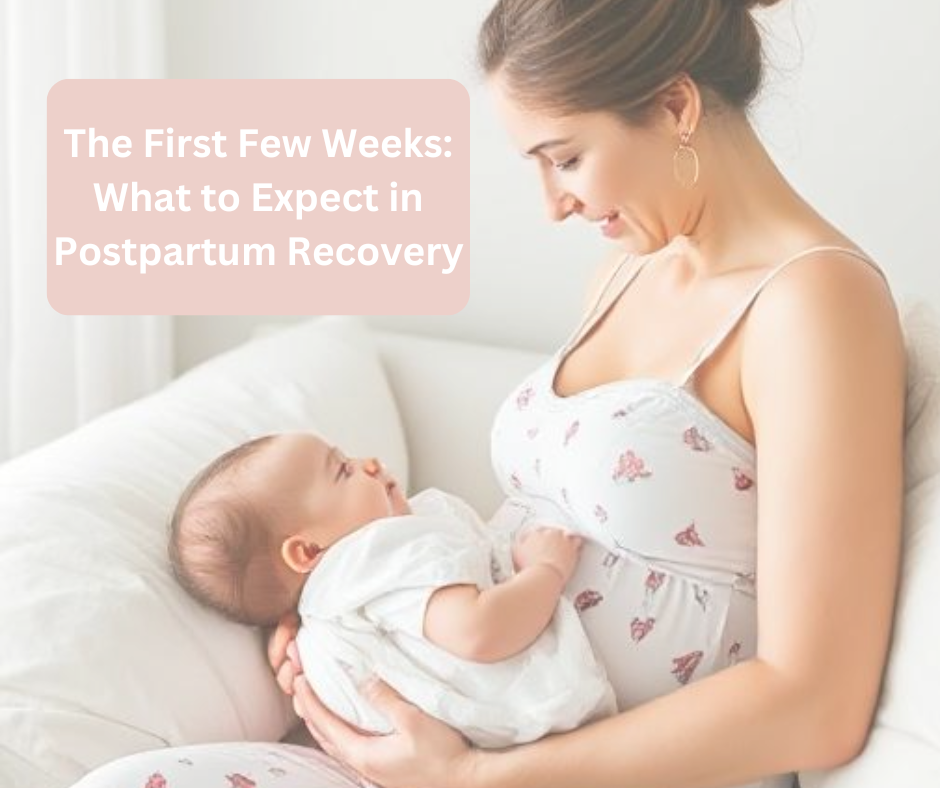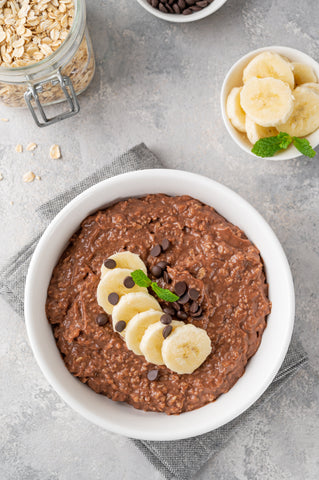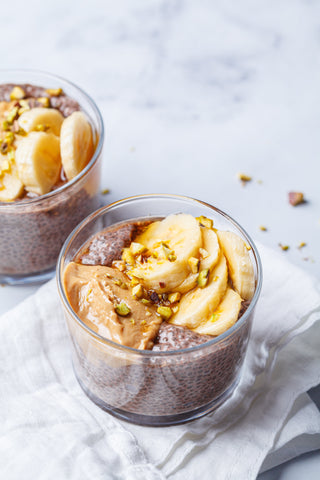
The First Few Weeks: What to Expect in Postpartum Recovery
Share
The moment they placed my twins on my chest, I thought the hardest part was over. But no one told me how much recovery was still ahead.
If you’re in those first few postpartum weeks right now—bleeding, sore, emotional, touched-out, and wondering if any of this is normal—I want to speak directly to you, mama. You are not broken. You are healing. And you are not alone in this.
Let’s walk through what the first few weeks of postpartum recovery really look like—with no sugarcoating, no shame, and all the love.
1. Physical Recovery: Healing from Birth
Regardless of whether you had a vaginal delivery or a C-section, your body has gone through an intense experience. Here’s what you might expect:
- Lochia (Postpartum bleeding) – Expect bleeding for 4-6 weeks. It starts heavy and red, then fades to pink or brown. It's your uterus shedding its lining. It's normal.
- Vaginal soreness or C-Section healing – If you had a vaginal birth, you may experience soreness or stitches from a tear or episiotomy. Ice packs, sitz baths, perineal sprays, and witch hazel pads can offer relief. C-section mamas: Be gentle with your incision. No lifting, no straining. Let your body lead.
- Afterpains (uterine contractions) – You might feel cramping, especially when breastfeeding, as your uterus shrinks back down. It's a good sign, even if it hurts.
- Breast changes – Your milk will come in within the first few days, and your breasts may feel engorged, tender, or even leaky. Wearing a comfortable, supportive maternity bra can make a world of difference.
2. Emotional & Mental Health: The Fourth Trimester Rollercoaster 🎢
Your hormones are rapidly shifting, and it’s completely normal to feel a mix of emotions. Many moms experience:
- Baby blues 😢 – Crying randomly? Feeling tender, raw, or oddly detached? Around 70-80% of moms feel this way in the first 1-2 weeks. But if your sadness lingers, or turns into anxiety, rage, or numbness, please speak up. Postpartum depression and anxiety are real.
- Postpartum depression & anxiety – If feelings of sadness, anxiety, or overwhelm persist beyond two weeks, it may be more than just baby blues. Seeking support from a doctor or therapist is crucial—you’re not alone, and help is available.
- Overwhelm and adjustment – It's jarring to go from who you were to who you are now. You might feel guilt for missing your old life, or confusion over how motherhood can feel so beautiful and suffocating. That's normal, too.
3. Sleep & Fatigue: Running on Empty 💤
Sleep is chaotic. Your baby might wake every 2-3 hours. And let's be honest, sleep when the baby sleeps doesn't always work when the laundry's piled, your nipples hurt, and you feel like a ghost of yourself.
- Nap when you can (even if it's only 15 minutes)
- Let others help you with dishes, diapers, etc
- Drink water. Eat snacks. Don't wait until you're running on fumes.
- Give yourself permission to do the bare minimum some days. That's enough.
4. Postpartum Self-Care: It Doesn't Have to Be Fancy
This doesn't mean spa days or bubble baths. Postpartum self-care is quiet. Simple. Sometimes it's just changing your pad, brushing your teeth, or putting on a soft bra. Things that helped me feel human:
- Supportive, wire-free nursing bras (no underwires, no digging)
- Loose, comfy clothes I didn't mind leaking in
- Walks outside when I could manage them
- A warm drink at 3 a.m. while rocking fussy babies
- Talking to another mom who got it
A Note from Mom to Mom
You are healing and nurturing a new life. That’s a full-time miracle.
The first few weeks might be messy. Tender. Exhausting. But they’re not a reflection of how well you’re doing. They’re just what recovery looks like when we tell the truth.
Be kind to your body. Be even kinder to your heart.
💗 Looking for softness and support while you heal?
Our Blossom Maternity Bras are made for exactly this season—gentle, wire-free, and designed for round-the-clock comfort while nursing, resting, or just making it through the day.
FAQs
Q: How long does postpartum bleeding last?
A: Bleeding (lochia) can last 4–6 weeks. It should gradually decrease and change color. If you’re soaking a pad every hour or seeing large clots, contact your provider.
Q: Is it normal to cry every day after birth?
A: Yes—especially during the first two weeks (baby blues). But if crying is constant, overwhelming, or not improving, you may be experiencing postpartum depression. Please reach out—you deserve support.
Q: When does milk come in after birth?
A: Most moms’ milk transitions from colostrum to mature milk around days 3–5 postpartum. Engorgement, warmth, and leaking are common signs.
Q: What’s the best bra to wear postpartum?
A: Look for a wire-free, breathable nursing bra with easy access and soft support—especially during engorgement and overnight feedings. Tight bras can worsen clogged ducts.
Q: Can I walk or exercise during postpartum?
A: Short, gentle walks can help circulation and mood, but always check with your provider before resuming exercise—especially after a C-section.
Q: How do I know if my emotions are “normal” or something more?
A: If you feel hopeless, anxious, angry, or disconnected for more than 2–3 weeks, or have thoughts of harming yourself or your baby, it’s time to seek help. You are not alone—and there is no shame in getting support.

















































